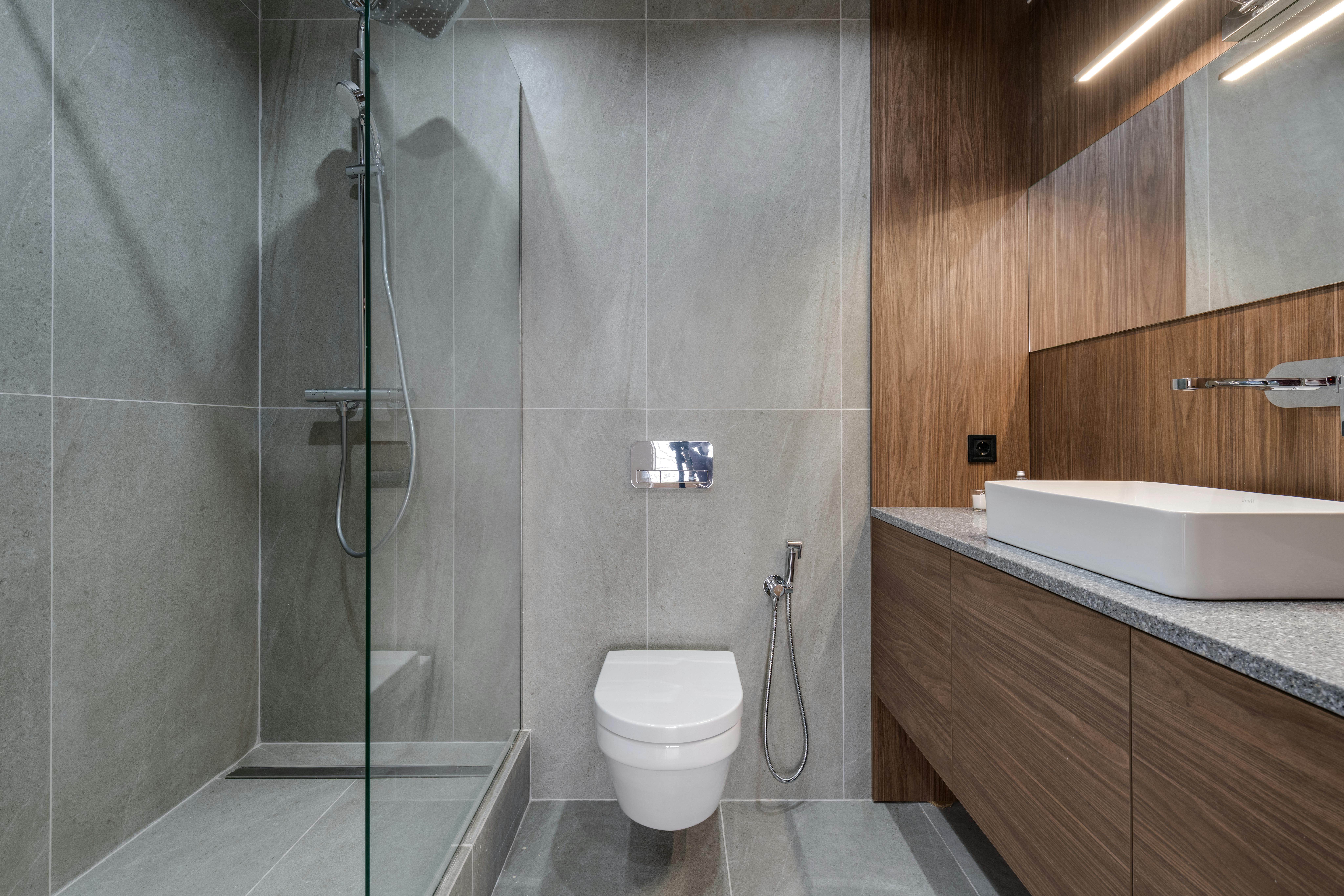Want to keep your home’s plumbing in top shape for years to come? Proper maintenance is the key. Your plumbing system is one of the most essential parts of your home, supplying clean water and removing waste efficiently. A well-maintained system ensures comfort, prevents major disasters, and saves you from unexpected expenses. A little care and attention can prevent costly repairs and unexpected disasters. Let’s dive into five expert tips to ensure your plumbing system stays in prime condition.
Tip 1: Regularly Inspect for Leaks
Leaks are silent culprits that can wreak havoc on your home. Even small drips can waste hundreds of gallons of water each year, leading to higher water bills and potential structural damage. Regular inspections can help catch leaks before they become major problems.
Signs of Leaks
- Water stains on walls or ceilings indicate hidden leaks.
- Higher-than-normal water bills could signal a slow but persistent leak.
- Mold or mildew growth, as excess moisture, creates a perfect environment for fungi.
Where to Check
Inspect under sinks, around toilets, near appliances like dishwashers and water heaters, and in your basement or crawl spaces. Pay special attention to pipes in less-frequented areas, as leaks there can go unnoticed for longer periods.

Tip 2: Prevent Pipe Clogs
Blocked drains are a homeowner’s nightmare. Clogs can lead to slow drainage, bad odors, and in severe cases, pipe bursts. The good news? A few simple preventive measures can keep your pipes clear.
Proper Disposal Habits
Be mindful of what you put down your drains. Avoid pouring grease, coffee grounds, or food scraps down the sink. In bathrooms, hair, soap scum, and hygiene products can quickly create blockages.
Use Drain Screens
Drain screens are an inexpensive yet effective way to catch debris before it causes issues. Installing them in kitchen sinks, showers, and tubs can significantly reduce the risk of clogs.
Tip 3: Maintain Water Pressure
Water pressure that is too high or too low can be problematic. High pressure puts strain on your pipes and appliances, while low pressure can be frustrating when using taps and showers.
Checking Water Pressure
Use a pressure gauge to monitor your home's water pressure. If you notice fluctuations, it may be time to investigate potential issues such as clogged pipes or faulty pressure regulators.
Effects of High Pressure
Excessive pressure can cause pipe bursts and leaks. It also puts stress on your water appliances, reducing their lifespan. If your pressure exceeds 60 psi, consider installing a pressure regulator.
Tip 4: Insulate Pipes in Cold Weather
Frozen pipes are a common issue in colder climates, and they can lead to expensive damage if they burst. Insulating pipes help maintain steady water flow even in freezing temperatures.
Best Insulation Materials
- Foam pipe sleeves are easy to install and provide effective protection.
- Heating tape, which can keep pipes warm in extreme conditions.
- Fiberglass wrap, is a durable and heat-resistant option.
Tip 5: Schedule Professional Maintenance
Even with diligent home maintenance, professional check-ups are necessary. Licensed plumbers can spot hidden issues, clean pipes thoroughly, and make adjustments to keep your plumbing running efficiently.
What Plumbers Check
- Leaks and corrosion that might not be visible to homeowners.
- Water pressure levels to prevent long-term damage.
- Drain flow efficiency to ensure smooth operation.
Annual inspections help you avoid major problems and costly repairs.
.jpg)
Conclusion
Taking care of your plumbing system doesn’t have to be complicated. With regular inspections, good habits, and professional maintenance, you can extend its lifespan and prevent costly repairs. Implement these five pro tips today and keep your home’s plumbing in peak condition.
FAQs
1. How often should I check for plumbing leaks?
It’s best to inspect your plumbing system for leaks at least once a month. Check under sinks, around toilets, and near appliances to catch any potential issues early.
2. What is the best way to prevent drain clogs?
To prevent clogs, avoid pouring grease, coffee grounds, and food scraps down the sink. Use drain screens to catch hair and debris and regularly flush drains with hot water and baking soda.
3. Can high water pressure damage my plumbing system?
Yes, high water pressure can strain pipes and fixtures, leading to leaks and damage over time. A water pressure regulator can help maintain a safe pressure level between 40-60 psi.
4. How can I protect my pipes in the winter?
To prevent frozen pipes, insulate exposed pipes, keep your home heated above 55°F, and let faucets drip slightly during extreme cold to keep water flowing.
5. When should I call a professional plumber?
If you notice persistent leaks, slow drainage, low water pressure, or unusual noises in your plumbing system, it's time to call a plumber for an inspection and necessary repairs.